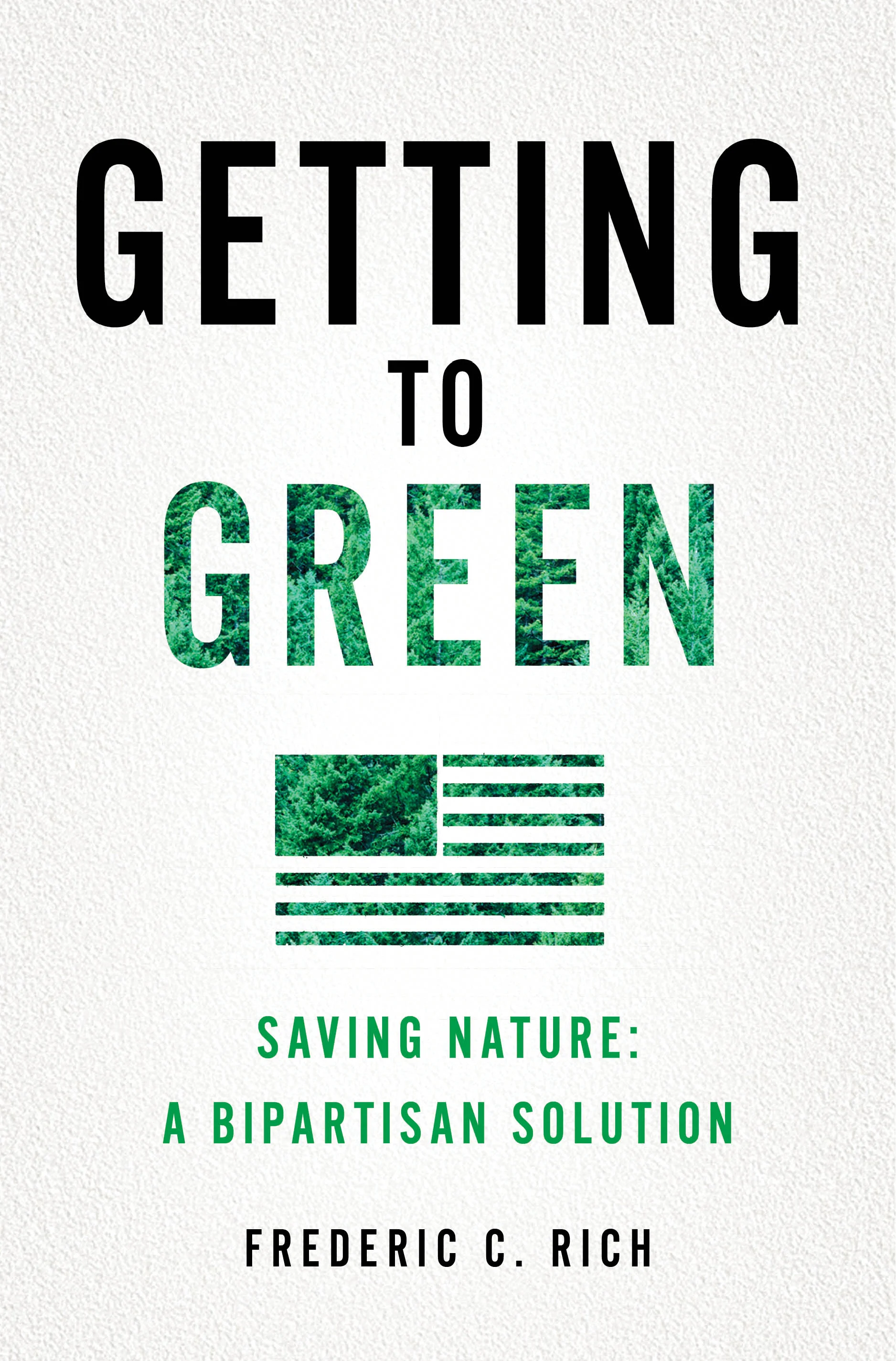BOOK GROUPS: QUESTIONS FOR DISCUSSION
1. Do you think of yourself as a liberal, a conservative, or something in between? Did this affect how you approached and experienced the book? How so?
2. How much did you know about the history of conservative and Republican commitment to environmental leadership? Did this history surprise you?
3. The author writes about the things that destroyed the previous bipartisan consensus in favor of government action to protect the environment. He calls it "the Great Estrangement" and blames both the right for what he calls "market fundamentalism," and the Greens for their tendency to distrust markets lingering hostility toward corporations and economic growth. Where do you think the blame lies? Do you think it matters?
4. The author is rather critical of the environmental movement for its tendency to exaggerate and focus on apocalyptic scenarios. What’s been your experience? Do you think they have "cried wolf" too often? Have the environmental groups that you know maintained their credibility? How do you perceive them? Do you think of environmentalists as "elitist?" Do you think the movement is welcoming to people in cities? To non-whites?
5. The author seems rather optimistic that Republicans and conservatives will retreat from their anti-environmental posture. He thinks they will conclude that their denial of the global warming problem is not good politics, and also thinks that ultimately the principles and values of conservatives will force them to engage more responsibly in solving environmental problems. But during this presidential primary season it seems all we heard from the Republicans was a continuation of the recent party line: global warming is a hoax and in any event not worth making any economic sacrifice to solve, we should eliminate the EPA, get rid of environmental regulation, etc. So is the author being unrealistic? Do you think the Republic position on environment will change?
6. The book lays out centrist positions on things like the Keystone Pipeline, fracking and climate change. Did these persuade you? The author was especially critical of Greens for sometimes pursuing symbolic victories, as opposed to real solutions. He said we need to start compromising, and taking positions that meet two tests: they have some realistic prospect of being adopted and, if adopted, would make an actual real world impact on a serious environmental problem. Do you agree with this type of pragmatism?
7. The book ends with a call for renewed citizen engagement with a broad array of environmental issues, including a commitment to political action. He thinks environmentalism can once again be a politically powerful mass movement that politicians on both sides of the aisle will need to pay attention to. Do you care enough about these issues to actually join a Green group? To email or write your local Congressman? To withhold your vote from politicians of either party that decline to do the responsible thing on environmental issues?
